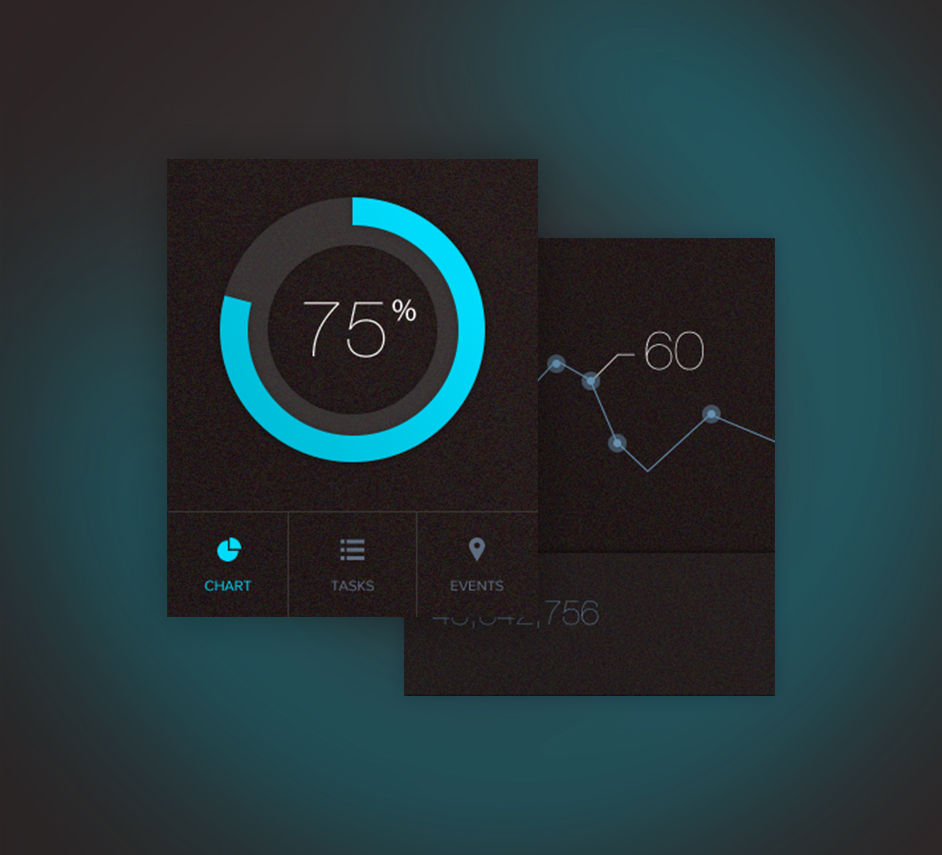4 Steps to Turn Low-Demand Periods into an Advantage
- Optima Danışmanlık

- Aug 12, 2025
- 2 min read
Proven Results with Optima’s 4P Hotel Revenue Management Methodology
Introduction: The Power of Low Season in Revenue ManagementIn hospitality, high season management often takes the spotlight; however, the real game-changer is how you manage low-demand periods. At Optima Online Hotel Management, through managing the online revenue processes of nearly 50 hotels, we have seen that hotels that strategically handle the low season enter the next season stronger and more profitable than their competitors.
That’s where our methodology comes in: 4P Revenue Management
Predictive – Forecasting demand in advance
Preventive – Taking proactive action before occupancy drops
Personalized – Creating segment-based campaigns
Participatory – Actively involving the entire hotel team in the process
1. Predictive: Forecasting Demand to Strengthen Revenue Management
The first step in hotel revenue management is to make a detailed demand forecast. By analyzing past occupancy data, competitor price trends, regional event calendars, and weather patterns, we clarify the demand curve.
Goal: Identify demand drops weeks in advance and prepare pricing and promotional plans accordingly.
Case Study: For an Istanbul hotel projected to have 54% occupancy in January, corporate segment campaigns launched six weeks in advance increased occupancy to 71%.
2. Preventive: Protecting Brand Value with Preemptive Strategies
In low-demand periods, the first instinct is usually to slash prices; however, this damages brand value. Our approach is to launch preventive marketing campaigns before the decline begins:
Special packages for corporate and group markets
Accommodation + ticket campaigns integrated with local events
Early booking incentives
Case Study: At a resort hotel, our “Stay 3 Nights, Get the 4th Night Free” campaign increased length of stay by 22% and room revenue by 19%.
3. Personalized: Delivering the Right Message to the Right Guest
In low season, audience segmentation is critical for success. Using past booking data, we offer tailored campaigns for each segment:
Spa packages for wellness-oriented guests
Weekday rate advantages for business travelers
Special packages for families during school holidays
Case Study: In an email campaign targeting guests who prefer spa packages, we achieved a 14% conversion rate; ancillary revenues made up 78% of the total income.
4. Participatory: Bringing the Strategy to Life on the Ground
A successful revenue management plan is sustainable only with the participation of the entire hotel team. That’s why we include sales, front desk, housekeeping, and F&B departments in weekly coordination meetings.
Result: The strategy is implemented not only in the sales office but across all areas of the hotel.
Overall Result: Low-Demand Periods Are Strategic OpportunitiesWell-managed low-season strategies not only make that period profitable but also give you a competitive edge going into the high season.
Proven Results:
Istanbul city hotel: ADR +15%, occupancy +12%
Aegean resort hotel: Average length of stay +22%
Cappadocia boutique hotel: Ancillary revenue +18%
If you want to turn low season into an opportunity and increase your hotel revenues, contact us today.




Comments